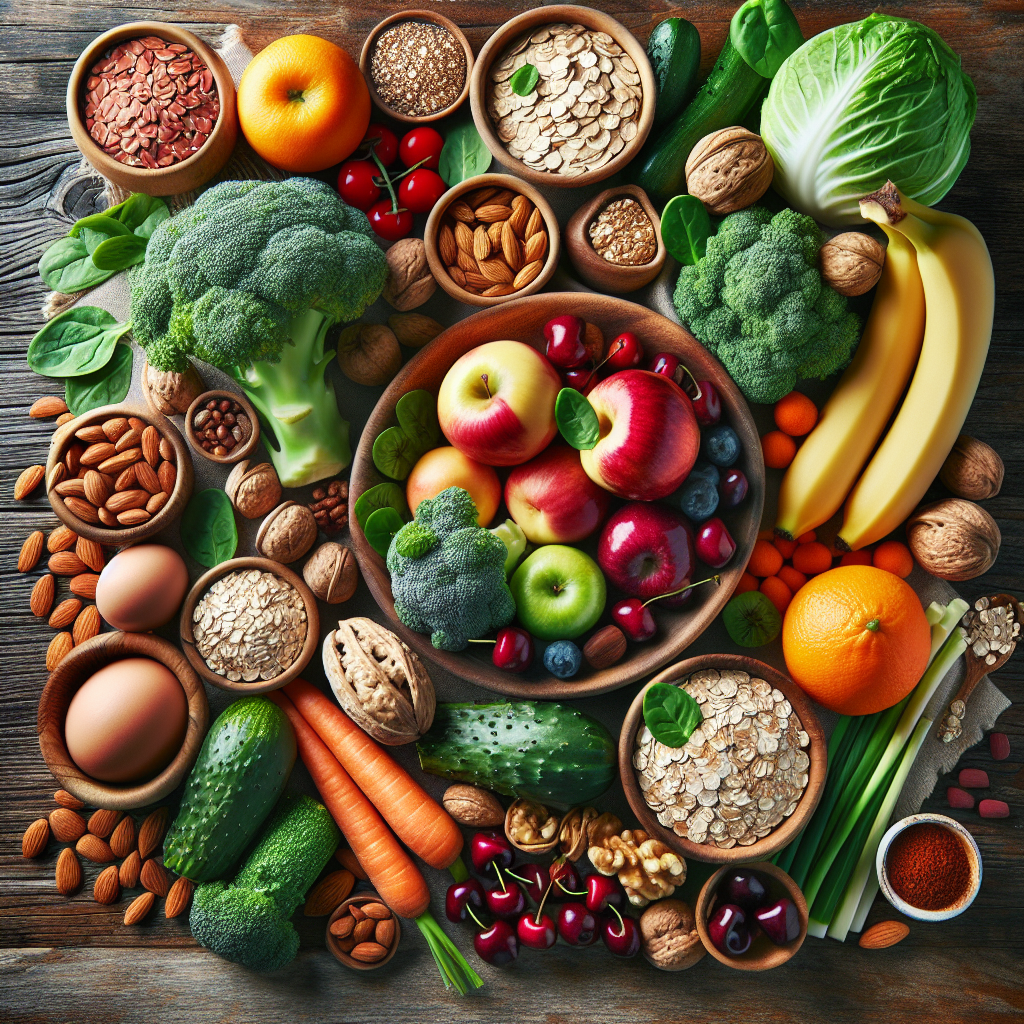Pregnancy is a time when nutrition takes center stage, not just for the mother’s well-being but also for the healthy development of the growing baby. Choosing organic food during pregnancy can minimize exposure to pesticides, artificial additives, and hormones while maximizing nutrient intake. Below, we explore the best organic foods to include in your diet for a healthy pregnancy, along with practical meal ideas.
Why Choose Organic During Pregnancy?
Organic foods are grown without synthetic pesticides, genetically modified organisms (GMOs), or artificial fertilizers. For expectant mothers, this means fewer toxins entering the body, which is particularly crucial since certain chemicals can impact fetal development. Organic produce and animal products also tend to be richer in essential nutrients like antioxidants, omega-3 fatty acids, and vitamins.
Benefits of Organic Foods for Pregnancy
- Reduced Chemical Exposure: Lower levels of pesticides may decrease risks of developmental issues.
- Higher Nutrient Density: Organic fruits, vegetables, and dairy often contain more vitamins and minerals.
- Better Fatty Acid Profile: Organic meat and dairy have higher levels of omega-3s, which support brain development.
No Artificial Hormones: Avoiding added hormones in dairy and meat may promote hormonal balance.
Essential Organic Foods for Pregnancy
To ensure a well-rounded diet, focus on the following nutrient-packed organic foods.
1. Organic Leafy Greens
Dark leafy greens like spinach, kale, and Swiss chard are rich in folate, a B-vitamin critical for preventing neural tube defects. They also provide iron, calcium, and fiber, which support blood health and digestion.
2. Organic Berries
Blueberries, strawberries, and raspberries are loaded with antioxidants, vitamin C, and fiber. These help boost immunity, prevent constipation, and combat oxidative stress during pregnancy.
3. Organic Whole Grains
Quinoa, brown rice, and oats are excellent sources of complex carbohydrates, B vitamins, and iron. They provide sustained energy and help regulate blood sugar levels.
4. Organic Dairy Products
Organic milk, yogurt, and cheese offer calcium, vitamin D, and probiotics for bone health and gut function. Choose full-fat varieties for better absorption of fat-soluble vitamins.
5. Organic Lean Proteins
Grass-fed beef, free-range poultry, and wild-caught fish (low in mercury) supply high-quality protein, iron, and omega-3 fatty acids. These nutrients are vital for fetal growth and maternal muscle health.
6. Organic Legumes
Lentils, chickpeas, and black beans are plant-based protein sources packed with folate, iron, and fiber. They’re especially beneficial for vegetarian or vegan mothers.
7. Organic Nuts and Seeds
Almonds, chia seeds, and flaxseeds provide healthy fats, magnesium, and protein. These support brain development and help reduce pregnancy-related muscle cramps.
Easy Organic Meal Ideas for Pregnancy
Incorporating organic foods into daily meals doesn’t have to be complicated. Here are a few simple yet nutritious recipes.
Organic Spinach and Berry Smoothie
Blend the following ingredients for a refreshing, nutrient-dense breakfast or snack:
- 1 cup organic spinach
- ½ cup organic mixed berries
- 1 organic banana
- 1 tbsp organic chia seeds
- 1 cup organic almond milk
Quinoa and Veggie Bowl
A balanced lunch option packed with protein and fiber:
- 1 cup cooked organic quinoa
- ½ cup roasted organic sweet potatoes
- ½ cup steamed organic broccoli
- ¼ avocado, sliced
- 2 tbsp organic tahini dressing
Grass-Fed Beef Stir-Fry
A quick dinner rich in iron and protein:
- 4 oz organic grass-fed beef strips
- 1 cup organic bell peppers and snap peas
- 1 tbsp organic coconut oil
- 1 clove organic garlic, minced
- 1 tbsp organic soy sauce or tamari
Foods to Avoid During Pregnancy
While focusing on nutrient-dense organic foods, it’s equally important to avoid certain items that could pose risks:
- Raw or undercooked meat, fish, and eggs
- Unpasteurized dairy and juices
- High-mercury fish (shark, swordfish, king mackerel)
- Processed snacks with artificial additives
- Excessive caffeine or alcohol
Final Thoughts
Prioritizing organic food during pregnancy can enhance both maternal and fetal health by providing cleaner, more nutrient-rich options. From leafy greens to lean proteins, each food group plays a unique role in supporting a healthy pregnancy. By incorporating these organic choices into balanced meals, expectant mothers can nourish their bodies and their growing babies effectively.
